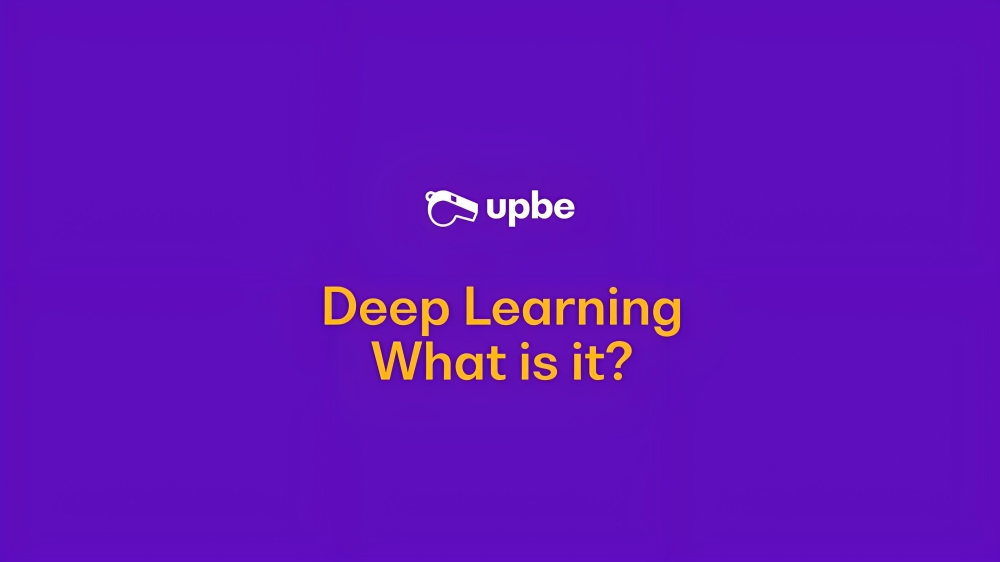
The B2B sector is experiencing increasing complexity in sales development, leading to the need to update and improve traditional methods to leverage the large amount of data available. The implementation of AI-driven tools in operations and customer service strategy can make the difference between inefficient processes and dissatisfied customers.
Natural Language Processing (NLP) is a framework for leveraging techniques that drive buyers toward a purchasing decision. NLP is transforming sales organizations and it’s now time to examine in detail how it affects B2B companies.
What is Natural Language Processing (NLP)?
Natural Language Processing (NLP) is a field of Artificial Intelligence that allows computers to interpret, manipulate, and understand human language. Using machine learning technology, NLP processes and analyzes large volumes of voice and text data from various communication channels such as emails, text messages, social networks, video and audio. This technology allows the analysis of the intention or sentiment of the message and responds in real-time to human communication, being a valuable resource for organizations in the information age.
NLP has been applied in various areas within the company, mainly for improving productivity. Next, we will see how it affects the functions performed by B2B sales departments.
How does NLP apply to B2B sales?
B2B sales have transformed from an art to a data-based science, with the use of digital tools and advanced analytics to understand customer needs. Companies that adopt this “B2B sales science” outperform their competitors in revenue growth, profitability, and shareholder value.
Artificial intelligence, using machine learning techniques, emulates human capacity and improves accuracy in business processes. Relying on technologies such as voice recognition, natural language processing, and image recognition, AI provides a personalized experience and enhances users’ daily tasks.
In the context of B2B sales, NLP allows for the automation of sales processes and improves accuracy in sales forecasting, among other things. Here are just a few examples of how to start using NLP for sales from today:
Real-Time Data Analysis and Forecasting
AI is being adopted in B2B sales to improve decision-making, predict future customer behavior, and provide relevant solutions in real-time. Through techniques like predictive analytics and natural language processing, it allows for greater accuracy in sales forecasts and a deeper understanding of prospects, which can increase conversion rates and revenue.
Sales Prospecting
NLP can be used to automate tasks such as lead scoring and tracking, reducing manual labor for sales representatives and allowing them to focus on higher-value activities. By automating basic tasks, sales teams can focus on more critical aspects of the sales process, such as building relationships with potential clients, closing deals, and improving customer satisfaction.
Better Understanding of Customers
NLP-driven chatbots, capable of understanding the context and meaning of queries, provide instant and accurate responses, improving customer satisfaction and service efficiency. AI also facilitates precise customer segmentation, allowing businesses to identify those who are likely to need certain products or services, and effectively direct their marketing and sales efforts. This personalization, along with the ability to provide accurate and relevant answers to queries, increases customer satisfaction and loyalty, driving conversion rates, and ultimately, revenue growth and profitability.
Quick Decision Making
Using advanced analytics and machine learning allows addressing fundamental strategic issues, such as which sales opportunities to pursue, which resources to allocate to which accounts, and which behaviors to prioritize to drive sales productivity. Sales leaders are using language processing to identify behaviors that drive sales productivity and make decisions quickly.
Seller Development
The most data-savvy sales organizations combine sales, customer, and human resources data to understand the intrinsic attributes and behaviors that statistically correlate with distinctive sales performance, allowing them to identify top sellers and strategically assign them. Thanks to this, sales leaders are seen as coaches whose main job is to turn rookies into experts.
NLP-Driven Tools for the B2B Sector
As we have observed, these NLP-driven tools can automate sales processes, improve the accuracy of sales forecasts, and enhance both customer and seller engagement, which can lead to a competitive advantage for businesses.
Despite data privacy and security challenges, as well as the cost of implementing these types of solutions, it is highly recommended that businesses should consider the use of artificial intelligence in their sales strategies.
Sales software goes beyond CRMs. If you want a sales tool that helps you apply NLP to sales, with all the advantages mentioned above, you have to try Upbe.
Upbe, an NLP-driven platform that has the potential to transform B2B sales by automatically listening and analyzing all sales calls, providing an objective and detailed assessment of seller performance and customer experience.
As an NLP tool, Upbe can understand and analyze human language in sales calls, allowing it to identify patterns, trends, and areas for improvement. This can help B2B companies improve their sales strategies, increase their efficiency, and improve their performance.
Upbe’s intuitive and easily accessible dashboards allow for quick and flexible decision making, without the need to spend weeks learning how to use the tool. These dashboards provide valuable and relevant real-time information, which can be used to improve sales tactics, identify opportunities, and efficiently solve problems.
Want to know more? Leave us your contact details and we’ll call you!




